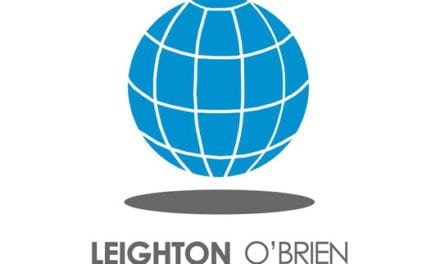The National Retail Federation (NRF) said it was disappointed that the House failed to vote on Obamacare repeal-and-replace legislation, saying the measure would take significant steps toward making health care more affordable.
“This bill doesn’t do everything that should be done, but real reform could have been achieved today,” said NRF Vice President for Health Care Policy Neil Trautwein. “By holding out for a perfect proposal that might never make it to the White House, the House has squandered an opportunity to pass realistic legislation that could get through the Senate and be signed into law by President Trump. It’s time for lawmakers to stop fighting among themselves and move forward on health care reform that makes coverage truly affordable for employers and employees alike.”
“There is a lot to like in this legislation,” Trautwein said. “It would put an end to the employer mandate that has driven up costs, repeal taxes that do the same, increase flexibility and put our nation on a path to a true competition-driven health care market. This could have been a victory.”
The House failed to vote on the American Health Care Act, which would have used budget reconciliation procedures to repeal key parts of the 2010 Affordable Care Act (ACA). That means the legislation could have made it through the Senate with only 51 votes rather than the 60 normally required to overcome an expected filibuster, but limited the repeal to provisions of the ACA that have a revenue impact. NRF nonetheless believes that the bill would achieve substantial change.
Among other provisions, the legislation would effectively repeal the ACA’s employer mandate that businesses provide health insurance to full-time workers. While budget reconciliation does not allow the mandate to be repealed outright, the bill would reduce the penalties for non-compliance to zero.
The legislation would also delay the so-called Cadillac Tax on high-value health plans until 2026, and would repeal its health insurance tax, medical device tax and pharmaceutical tax permanently. It would also increase flexibility for health savings accounts and would take a substantial first step toward Medicaid reform.
NRF opposed passage of Obamacare and has sought its repeal, while working with Congress to mitigate the impact of its most onerous provisions. Rather than lowering costs, the controversial law emphasizes mandates that have driven up health insurance expenses for both employers and employees.








